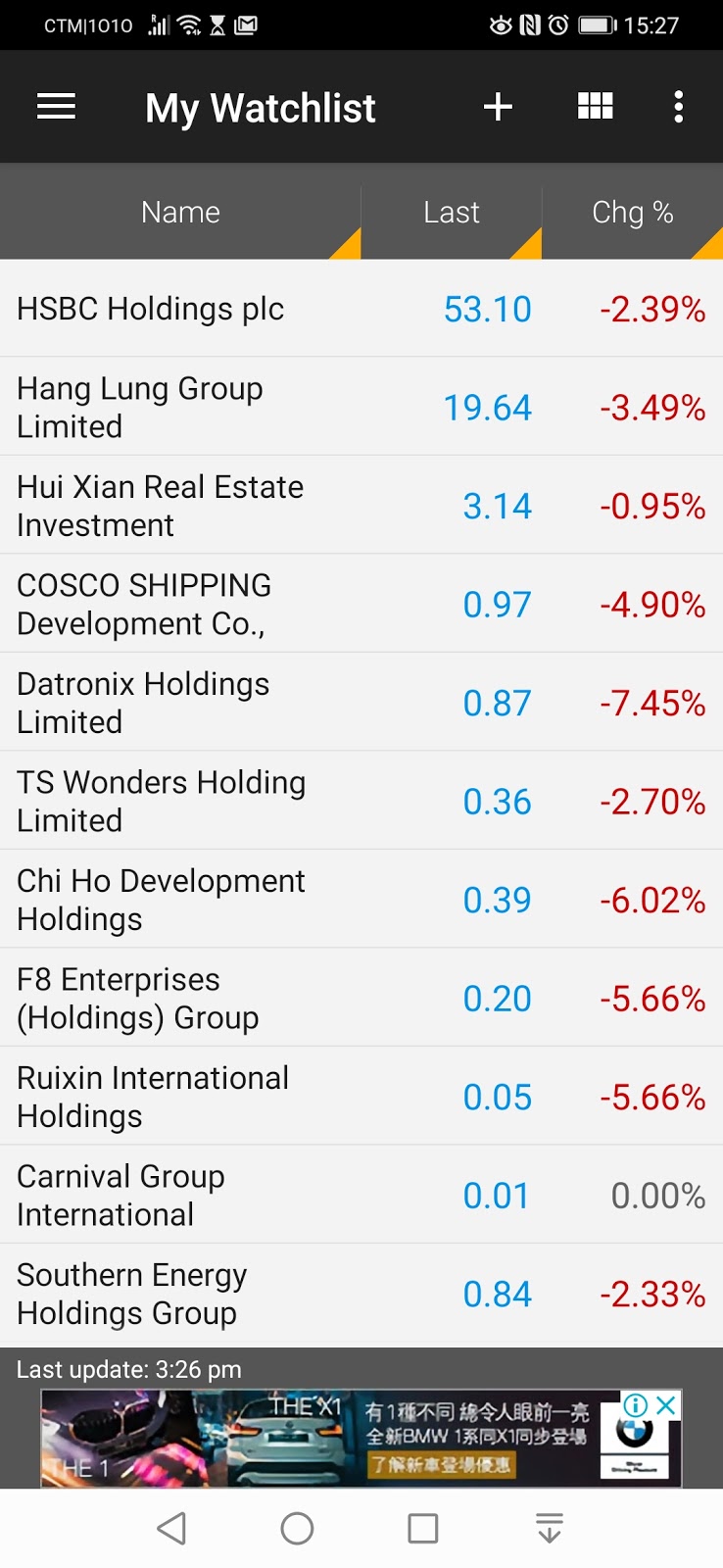Sales Competence
 Bedazzled with number crunching, my sales manager came to me for guidance. This is around the traditional time of the year when we are making our business case to operate extra flights for the Muslim new year holiday - Lebaran, falling in early October this year - when demand for travel from Jakarta will be at its peak.
Bedazzled with number crunching, my sales manager came to me for guidance. This is around the traditional time of the year when we are making our business case to operate extra flights for the Muslim new year holiday - Lebaran, falling in early October this year - when demand for travel from Jakarta will be at its peak.In the current operating environment of high fuel prices, however, our HO team are not readily prepared to allocate aircraft resources for extra capacity unless they are absolutely sure that the numbers can stack up enough for the operation to be run profitably. It means that we have to charge by pushing to the limit of what the market can possibly bear, but at a certain risk of dampening demand as a result. It is kind of a catch-22 position.
What my sales manager has rightly done is to have secured commitment from the key travel agents who are confident to sell our seats for their tours at our required prices. But how much return can be yielded eventually to the rest of capacity open for free sales in the market is anybody's guess. Regardless of the uncertainty, however, what HO bureaucracy demands is an accuracy in forecast which perhaps only a crystal ball can achieve. My sales manager was strongly cautioned against requesting for an extra flight if he could not be sure of the outcome.
That's certainly not very encouraging, though understandable for the sake of route profitability. But my advice to my main man in the field is simply to state his forecast for justifying the extra flights bravely, as no one in the whole company is in a better position than he is to do so. For as long as the forecast is made with integrity, ie, that it represents what he reasonably expects to deliver in view of all foreseeable circumstances, no one is in a position to challenge it, even if the result turns out to be otherwise - which it surely will, for better or worse (ref: budget:expectation v. prediction).
My motto for the sales manager: as a fundamental competence, always believe firmly in what you sell and what you say.



Comments